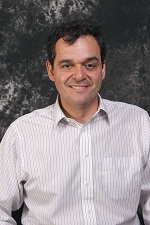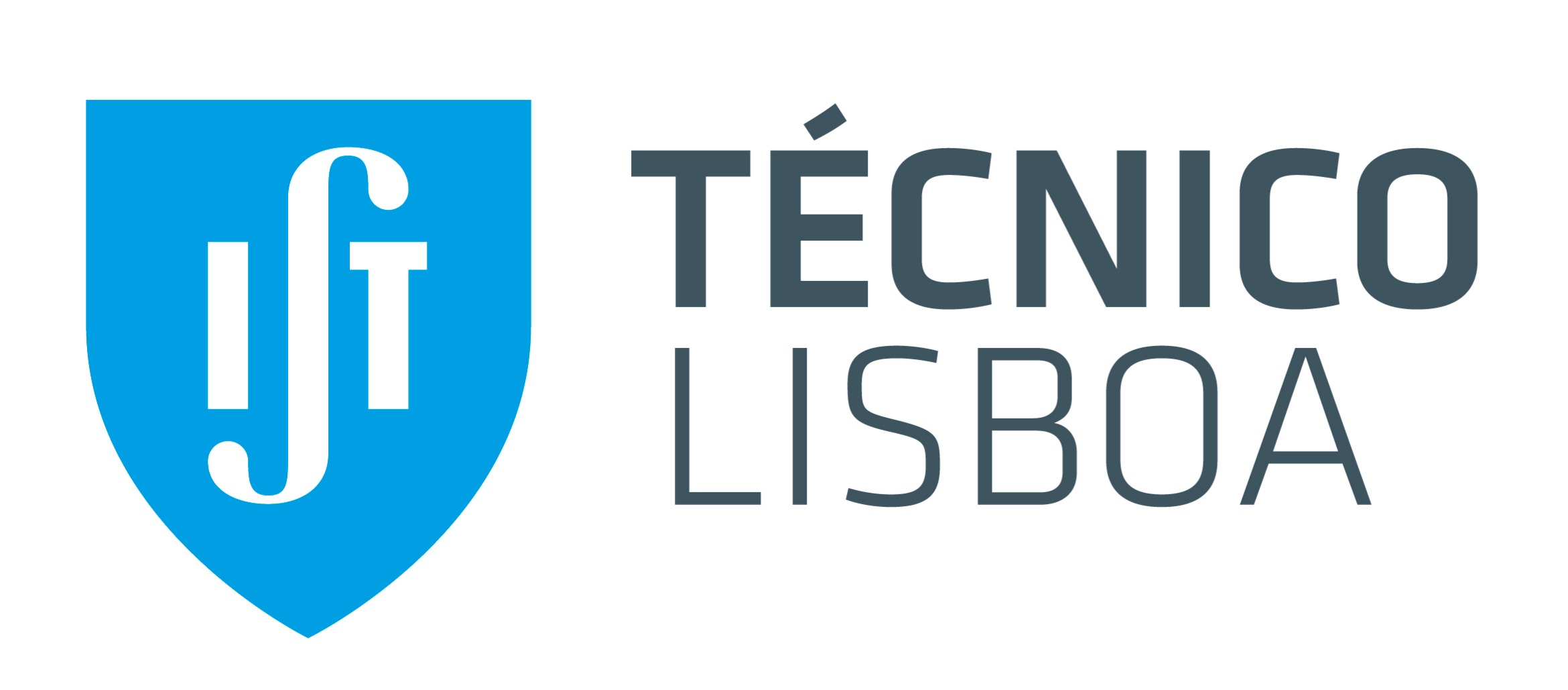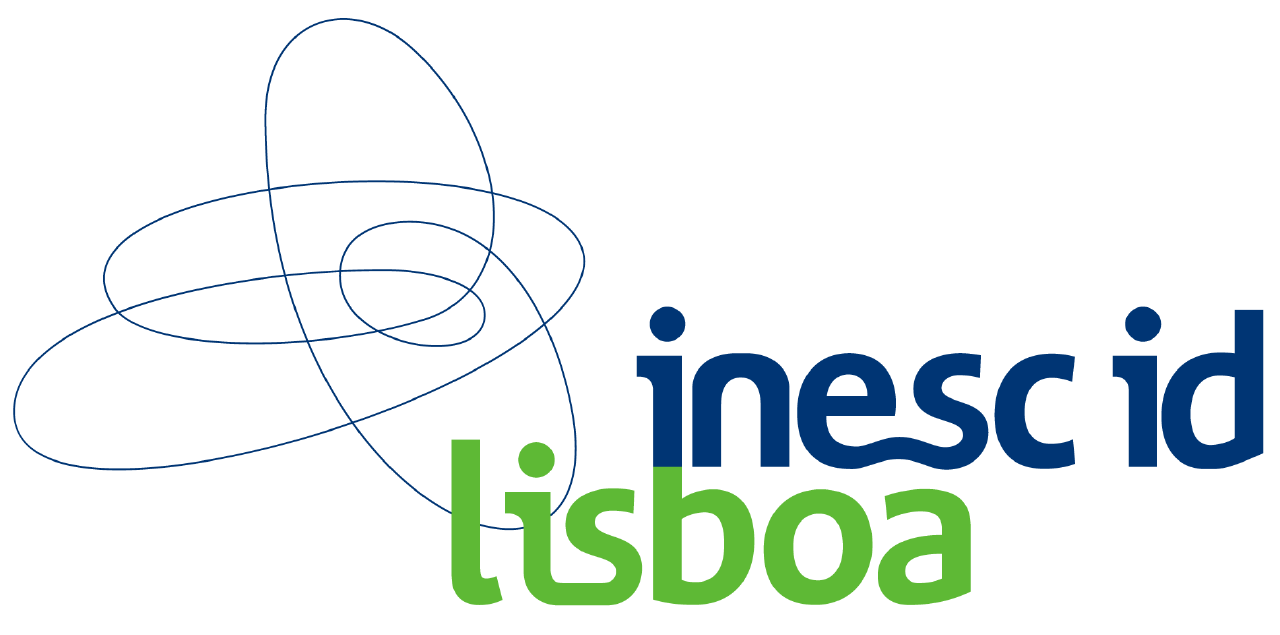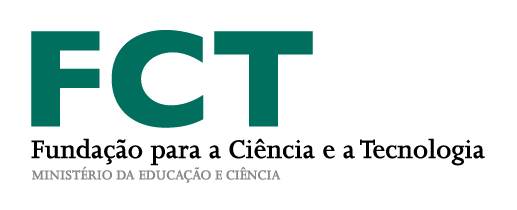Alfonso Valencia
Spanish National Cancer Research Center
Prof. Valencia is ViceDirector of Basic Research and Director of the Structural Biology and Biocomputing Programme at the Spanish National Cancer Research Centre (CNIO). He is also Director of Spanish Bioinformatics Institute (INB-ISCIII).
Valencia is a biologist with formal training in population genetics and biophysics (U. Complutense, Madrid 1982) and Ph.D. in Molecular Biology (U. Autónoma, Madrid 1988). He was postdoc in the group of Chris Sander (EMBL Heidelberg, 1989-2004). His research is based on the use of computation for the analysis of large collection of genomic information with particular emphasis in the study of protein families and protein interaction networks. In this context, Prof Valencia has dedicated considerable efforts to the development of methods in different area of bioinformatics, from comparative genomics to text mining. His recent work focuses in the area of cancer (epi)genomics, tumour evolution and precision medicine.
Alfonso Valencia has published more than 300 articles with an H-index over 55 (his Google Scholar profile has an h-index of 75, index i10 of 223).
Prof. Valencia is founder and elected Fellow of the International Society for Computational Biology (ISCB). In 2013 he was elected presiden of ISCB for the period 2014-17. He is elected member of the European Molecular Biology Organization (EMBO), founder member of the Science and Art “e-biolab” and “estudioSymbiotic” initiative and Professor Honoris Causa of the Danish Technical University DTU.
He has been involved with several institutions as member of Advisory Boards including EMBL, BioZentrum U. Basel, Swiss Institute for Bioinformatics, Bioinformatics-Curie Institute, KU Lueven Center for Human Genetics and Interpro database. As Executive Editor of “Bioinformatics” (2006-), published by OUP, he has promoted the development of computational technologies in areas of molecular biology and biomedicine.
Computational Biology and Big Data: Challenges and Opportunities. (slides)
Technology is influencing the development of all areas from Biomedicine to Ecology and transforming Biology in a quantitative science. This accelerated technical progression is reflected in the rapid succession of keywords that went in the 20 years from “genomics” to “proteomics”, “systems biology” and “synthetic biology” to the current “big data”. All of them paving the way to deciphering the function biological systems, from cells to ecosystems, based on the integration of data on genomes, proteomes, metabolomes, environments and conditions.
A promising future that is limited by: a) the current computational technologies for handling large, complex and heterogeneous and in many cases low quality data, and b) very important, the insufficiency of the biological knowledge necessary to interpret the results.
Jonas Almeida
University of Alabama at Birmingham
Professor Jonas S Almeida is the Director of the Division in Informatics of the Department of Pathology of the University Alabama at Birmingham (UAB), working on integrative personalized medicine applications.
His current research is centered on the conjugation of semantic web abstractions and distributed cloud computing approaches by bioinformatic applications in the pervasive WebPlatform. The use of computational statistics at the intersection of those two fields now gets a fancy new name, BigData Science, which is also the focus of his educational and service activities. This work pulls together threads from past, and ongoing, work on mathematical modeling and machine learning, at a time when these fields are challenged by the increasingly data driven nature of modern Biomedical research.
Jonas S. Almeida was first trained as a Plant Biologist (BS) in his native Portugal and went on to pursue a graduate program in Biological Engineering (PhD 1995) which then led to a string of faculty appointments in Chemical Engineering (1996-2000, Assistant Professor, University of Lisbon), Biostatistics (2001-2005, Associate Professor, Medical University of South Carolina), Bioinformatics and Computational Biology (2006-2010, Professor, University of Texas MDAnderson Cancer Center). This trajectory, with a trail of 145+ peer reviewed manuscripts, reflects an interest in quantitative Biology in all of its components – experimentation, engineering, mathematical modelling, computational statistics and more recently software engineering. His Google Scholar profile has an h-index of 43, i10-index of 98.
The emergence of the Web Computer: an hands-on view from the trenches of Computational Pathology. (slides)
The need to contextualize data about an experiment or a patient is increasingly achieved with reference to Big Data resources such as The Cancer Genome Atlas (TCGA). This exercise faces numerous obstacles, from the logistics of traversing a very large and constantly growing data set (the number of files hosted by TCGA doubles every 7 months) to the protection of patient privacy. It also includes an absolute need for “weak AI” to reach domain experts increasingly immersed in mobile platforms. These challenges are not unique to Biomedicine but are, in many regards, particularly difficult to meet in this domain. Correspondingly, the pursuit of solutions is part of the core mission of the new sub-discipline of Computational Pathology. This presentation will overview early stage solutions with applications ranging from image analysis in cytology to the personalization of cancer treatment. These illustrative applications will be used as part of an argument for the central role played by Web Technologies, with particular emphasis on Semantic Web frameworks and code distribution directly to the ubiquitous Web Platform supported by the modern web browser.





